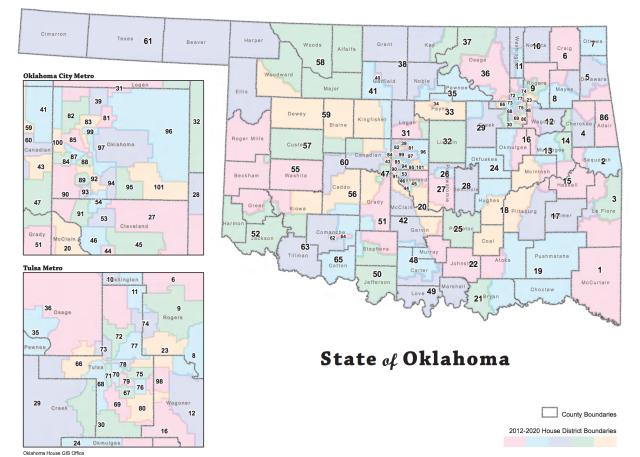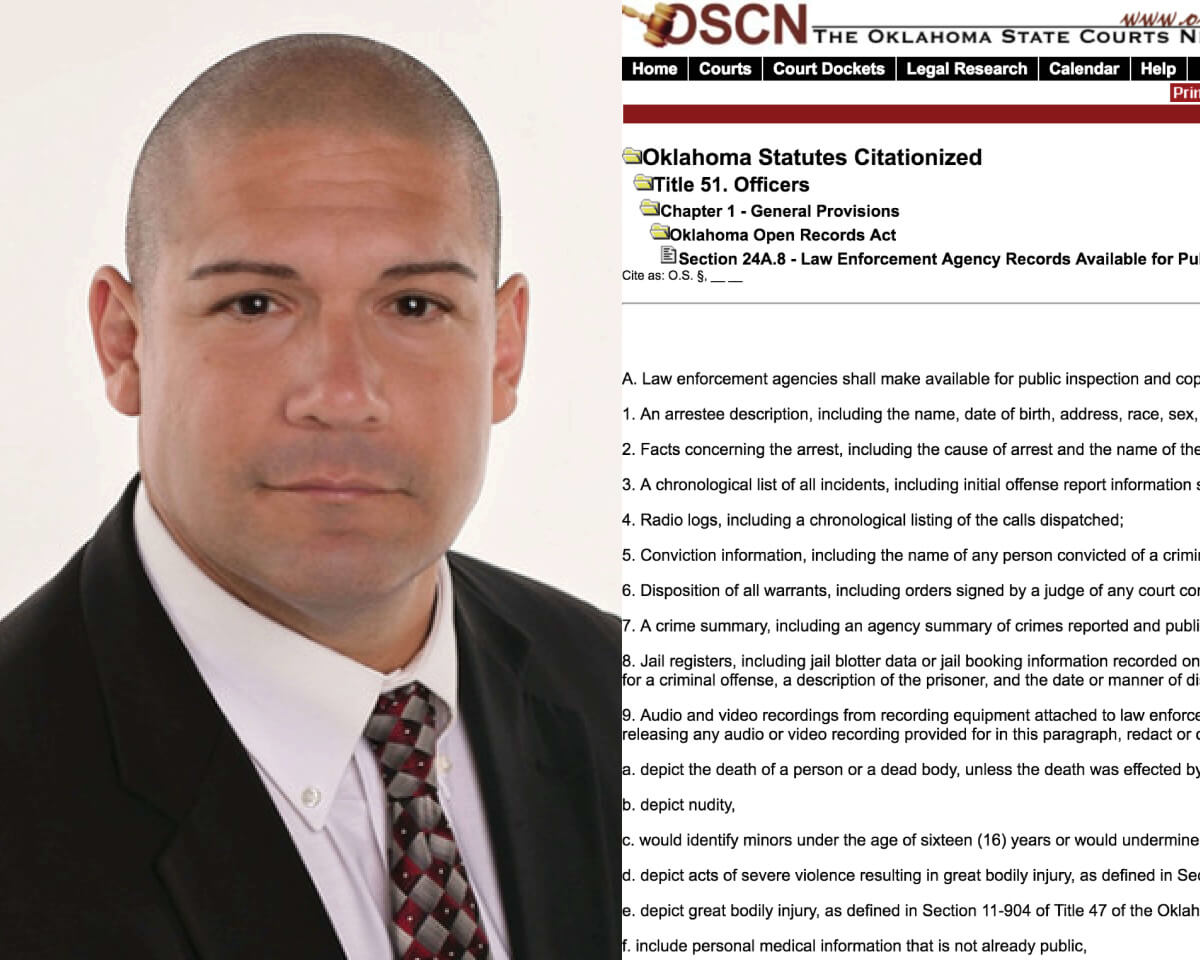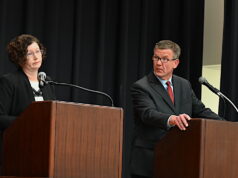
Just more than one week remains before Oklahomans will vote June 28 in primary elections for state legislative and congressional seats.
Several inter-party matchups will likely be close, and NonDoc will examine a few of them this week.
But if you believe democracy generally functions better when voters (aka The People) have choices, then the 2016 election could mean better democracy for Oklahomans than they had in 2014.
Two years ago during the last slate of legislative elections, 50 of the 101 Oklahoma House seats were elected on filing day when only one person — usually the incumbent — filed to run. An additional 10 House seats were decided by voters of only one party in those districts.
In the Oklahoma Senate, eight members were re-elected without a challenger, and two seats were decided by one-party voting. That’s astonishing when you consider that only 25 of Oklahoma’s 48 Senate seats were even up for election in 2014. A year later, one of the men re-elected without a challenger resigned in shame, having embezzled $1.8 million from the Better Business Bureau. Another has almost single-handedly derailed civil asset forfeiture reform as chairman of the Senate Judiciary Committee.
EDITORIAL
Editorial: TCSO’s Vic Regalado sued after ‘cowardly move’ by William W. Savage III
For a public increasingly upset with civil asset forfeiture, state budget deficits and eroded funding for core government services, an argument could be made that not enough Oklahomans stepped up to the plate in 2014 to challenge established legislators.
This year, however, the numbers look a little better. No state senator will be elected without a challenge, and only one seat (District 11 in Tulsa) will have a single-party election. Democrats and independents will choose between incumbent Sen. Kevin Matthews (D-Tulsa) and challenger Darrell Knox.
In addition, only 13 House members were re-elected upon filing in 2016. Only nine others will be elected in single-party voting.
The rest of the state, however, will have at least some sort of choice for state legislative representation in November’s general election.
With all that’s on the line moving forward, having more voices in the debate — and more people vying to represent their neighbors at the statehouse — is a good thing.
Don’t believe it? Think about all that’s happened between last election and now.






















